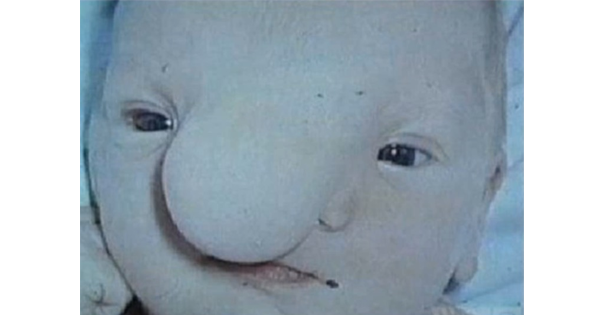When Robert Hoge was born, his mother seriously debated leaving him at the hospital. Hoge was born with a tennis-ball-sized tumor in the center of his face that pushed his eyes to the sides of his head, and his legs were mangled and disfigured.
After having four “normal” children, Robert’s parents couldn’t understand what had happened to their fifth child. The nurses were blunt; they told Mrs. Hoge about her son’s abnormal appearance although they didn’t let her see Robert at the time.
Mr. Hoge, however, caught a glimpse of their son and reported to his wife. “Perhaps he’ll die,” Mrs. Hoge hoped.
But Hoge didn’t die.
His mother chose not to look at him for over a week, and when she did, she “told the hospital staff [she] didn’t want [her] baby.” She wrote in her journal afterward, “I wouldn’t under any circumstances take it home. I didn’t feel anything for this baby. I had shut off completely. I had made up my mind I was not taking him home.”
It was several weeks before Mrs. Hoge decided to call together a family meeting including herself, Mr. Hoge, and the four Hoge children. Together, they would vote on whether Robert would return home with them.
All of his siblings wanted their new, younger brother to return home with them, so Mrs. Hoge ultimately had no choice but to listen.
As the years passed, Hoge was distinctly aware of how much his parents hadn’t wanted him when he was an infant. All of them were “open and honest” about their feelings, and much of Hoge’s perception of himself in the world today was shaped by his mother’s initial negative impression of her son.
When time came and Hoge’s wife was pregnant with their first child, he suddenly understood why his mom had felt so strongly about his being born disfigured. There was a great fear in him that any sign of abnormality would be his fault, that his child wouldn’t turn out “right.”
Hoge’s child, as the prenatal scans suggested, was not born disfigured.
But Hoge’s intense fear of this potential ultimately allowed him to realize that children should not be held to the idea of perfection; it is their unique stories and lives that makes them perfect in their parents’ eyes after birth.





